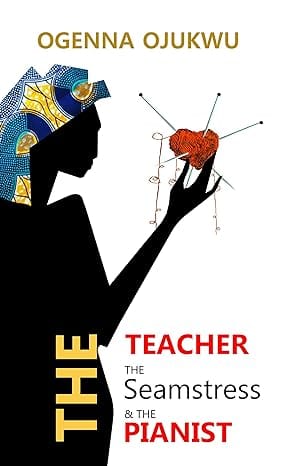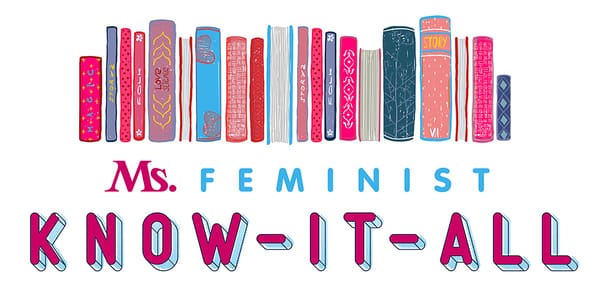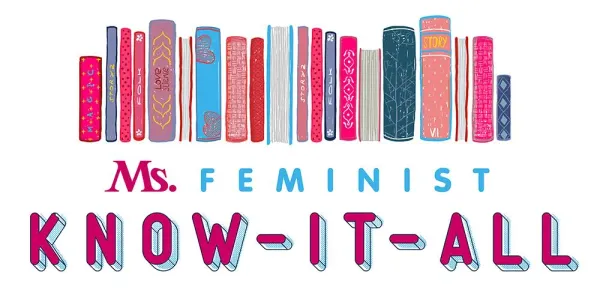A Review of Ogenna Ojukwu’s THE TEACHER, THE SEAMSTRESS AND THE PIANIST
This review of Ogenna Ojukwu's THE TEACHER, THE SEAMSTRESS AND THE PIANIST was first published in my blog in 2018.

This review was originally published in my blog on Sept. 13, 2018. It's been lightly edited.
Ogenna Ojukwu’s debut novel, The Teacher, the Seamstress and the Pianist, is a multilayered story of intertwining lives and the effect that love and loss in the past can have on the present.
The story takes place in Lagos, Nigeria, in the early 2000s and centers on Onyeka, the teacher. Onyeka is married to Arum, but after years of trying to have a child, to no avail, their marriage begins to suffer. Onyeka instead cares for her nephew, Anieto, and Chidiebere, her housemaid.
But this was before Chidiebere and Anieto began living with her, before she would see them as the children she never had, before they would resuscitate in her, a renewed urging to live.

Chidiebere is from the local village, and at the beginning of the story, we see her travel back there to attend the funeral of her estranged father, who died under violent circumstances. Onyeka had offered to take Chidiebere in and send her to school; Onyeka’s dream for Chidiebere was for her to go to university but Chidiebere longed to be a seamstress.
Anieto, too, had lost his father to violence; after that, he moved in with Onyeka while his mother moved to England to build a new life for them. And perhaps you guessed it: Anieto is the pianist.
The book follows the three main characters, their hopes and their challenges. The characters in Ojukwu’s story are well-developed. I felt empathy for them at times but also frustration when they made decisions I didn’t agree with. It is a talented storyteller who can create characters in this way, and Ojukwu is such a storyteller.
The author adeptly illustrates the complexities of family relationships and takes on some traditional gender norms regarding marriage and childbearing. We see Onyeka struggling because the responsibility for getting pregnant and having children seems to fall squarely on her; so, of course, when she doesn’t get pregnant, she is blamed and carries the shame of it.
It was her fault. It was all her fault; it was she who let his love slip away with her childlessness.
There are also messages in the book that encourage the reader to reflect upon cultural expectations concerning employment, class, education, village versus urban life, and traditions versus modern ways. It also made me think of the role violence plays in some cultures, families, and relationships. Ojukwu takes on many issues in this book, but I didn’t feel overwhelmed by this; I felt as though I was getting a look into the lives of a modern Nigerian family, which, like any family, has its ups and downs, its celebrations and its secrets.
I read books written by international authors in part because of the things I learn about the country and culture while enjoying the story. In this case, Ojukwu includes details from the language and traditions of Nigeria that add authenticity and make the settings come alive. In a few places, the book could’ve used a bit more editing, but it isn’t much, and it didn’t distract from the story. Overall, I appreciated the arc of the story and the trust Ojukwu places in his readers to open up his world and let us in.
I am enjoying the Nigerian fiction I have been reading lately; I am no expert, but from what I have been reading (see links below), this latest generation of Nigerian writers has shifted in focus a bit with regard to nationalism, sharing and challenging their culture, and framing their stories through Nigerian traditions with a modern twist. In a recent interview, Ogenna Ojukwu described contemporary African literature with great admiration:
Reading [Chimamanda Adichie’s] novels always left me with a yearning to pick up the pen, the laptop, a phone and just write. And of course there are a lot of other writers off this promising stable, doing great things. Ayobami Adebayo had an impactful debut. There are Taiye Selasi, Yaa Gyasi, Chibundu Onozu, Nnedi Okorafor, Helon Habila and Chigozie Obioma, all producing phenomenal works. Note that many of these wonderful writers are female and so there is a challenge of sorts to male African writers to produce work of matching prominence.
On the whole, this was an enjoyable book. The story held my interest, and I felt invested in the characters. While based in Nigeria, The Teacher, the Seamstress and the Pianist has something for anyone who appreciates family dramas, complex women main characters, and layered plot development. I look forward to reading more by Ogenna Ojukwu and other Nigerian authors. Recommended.
You can find Ogenna Ojukwu online at https://ogennaojukwu.com/ and on Twitter @OgennaO.
For further reading:
- An Interview with a Rising Star of African Literature on DESTIG Magazine
- The Nigerian Fiction Tradition in the 21st Century and its Postmodernist Imperative by Terhemba Shija for Journal of Literature, Languages and Linguistics – 2015
- A Wave of New Fiction From Nigeria, as Young Writers Experiment With New Genres by Alexandra Alter for the NY Times – Nov. 23, 2017
- From Achebe To Adichie: Top Ten Nigerian Authors by Rebecca Jagoe for The Culture Trip – Jan. 10, 2018
- 10 Books by Nigerian Authors with Feminist Themes by Sarah Ullery for Book Riot – May 17, 2018
- Drink It In: A Review of FRESHWATER by Akwaeke Emezi.

Title: The Teacher, the Seamstress and the Pianist.
Author: Ogenna Ojukwu
Publisher: Juba Books
Pages: 332
Publication Date: May 30, 2018
My Rating: Recommended
Content information: Infertility, suicide, violence
This post contains affiliate links; I write what I like. Thanks to Ogenna Ojukwu for the complimentary copy of his book in exchange for an honest review.




